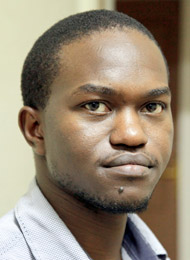How informed is your student or child?
OVER the years this column has touched on the subject of reading culture many times. Likewise, many other writers and leaders have done the same.

Allan Brian Ssenyonga

